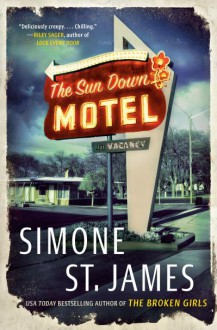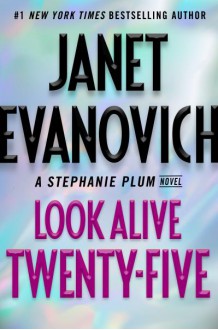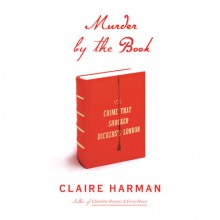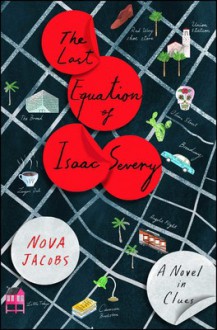
I am not a fan of horror, but I'm a big fan of old-fashioned ghost stories, when read in broad daylight. I've been a big fan of Simone St. James' ghost stories since I first found The Haunting of Maddy Claire, the first of ... five?... historical ghost stories. She branched off in a new direction with The Broken Girls, going with a dual time-line plot, which I read hesitantly, but enjoyed thoroughly. The Sun Down Motel is another such book: a dual time-line mystery firmly rooted around a haunted place, this time a hotel that was pretty much doomed before it ever opened its doors.
I'm still a fan of St. James - I think this was a riveting read, and I devoured it in 2 sittings (daylight hours, all of them), but it wasn't as good as some of her others for two reasons, both purely subjective. The first was the heavy handedness of the message: that women have always been, and sadly will always be, to some extent, vulnerable and expendable. This is as unavoidable a fact as it is an inexcusable one, but more subtle writing would have had more powerful an impact. Instead, there were times - just a few - that I felt like I was the choir and I was being preached at. This wasn't a massive issue; it was just enough to pull me out of my head and the story a time or two.
The second reason is almost silly: the ghosts. They were almost exactly my right level of scary, but, and it took me some time to figure this out, they didn't have quite the effect on me as the ghosts in her previous books, because they never really focused on the main characters. These hauntings were almost the remnant-kind: they were there acting in an endless loop, whether anyone witnessed or not, although there was a trigger. The main ghost communicated with the historical time-line mc, but only once without being pushed into it by Viv. The other ghosts communicated with the present day mc, Carly, but benignly. They were spooky, absolutely, but at a remove, so that they fell just short of spine-tingling.
And I guess, as I write this I was left unsatisfied by Nick's story; it felt like it should be going somewhere and it didn't. I'm also disappointed that there was never an explanation for the present-day entry in the guest book of one James March who registered the day Carly and Nick had their first real experience with the Sun Down Motel. That was a BIG little thing to leave hanging with no follow up.
But overall, it was a good story; I liked that both Viv and Carly had solid friendships in their timelines; I liked that Nick was her support from pretty much page 1, and I liked the investigatory process of the mystery plot, even if I thought Viv was a reckless idiot. The story sucked me in, and I remain a solid fan of St. James' books.


 Log in with Facebook
Log in with Facebook 


 I started reading this before I really knew what squares I had on my card, and I don't have the Truly Terrifying square for which this would be a perfect fit, but I'll use it for my Free Space square.
I started reading this before I really knew what squares I had on my card, and I don't have the Truly Terrifying square for which this would be a perfect fit, but I'll use it for my Free Space square.





